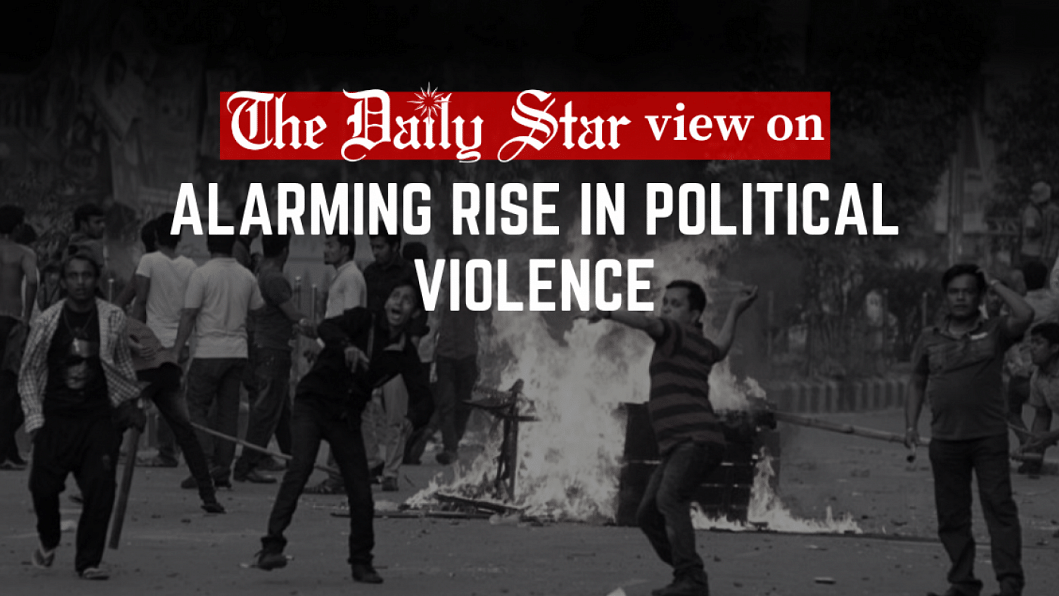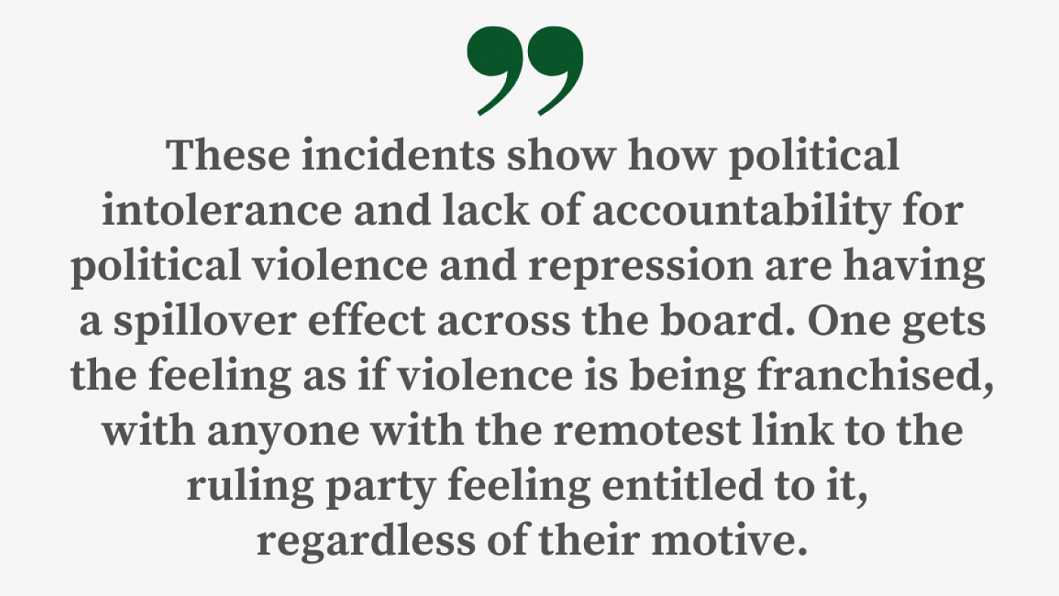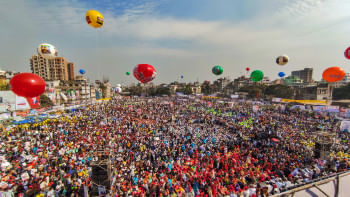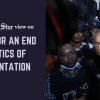Sometimes a slap is not just a slap

Two incidents of politically connected violence have again brought to light – for the umpteenth time, one may add – the link between unchecked power and unchecked violence, both results of the erosion of institutions responsible for preventing such developments. The arbitrary nature of this kind of violence is as alarming as it is revealing. It shows how a macabre sense of impunity is leading random political actors to use violence as a first resort, almost like a reflex, to whatever end they seek. Because, they know, there will be no consequences.
In the first incident, we have the local correspondent of a national newspaper who was brutalised after he sought to collect information on illegal brick kilns at the Rangunia upazila of Chattogram. Reportedly, he was held by a local UP member at gunpoint, and kept hostage for over an hour. He was also beaten repeatedly. Even the local UP chairman, who was clearly in cahoots with the attackers, all using their political identity to protect their parochial interests, threatened over phone that "nothing will happen" if a journalist is killed. He was telling the truth, by the way. Nothing, as we know from experience, does happen if you're on the right side of power.

In the second incident, we have an even more random encounter in which the attackers and the attacked were not supposed to be in a conflict situation to begin with. It happened in the capital's Shahbagh area on Saturday. M Inamul Haque, convener of the Sharbajan Biplobi Dal party and former director general of River Research Institute, was reportedly distributing anti-government leaflets in support of a planned half-day hartal called by his party. As he was speaking to a reporter, a random ruling party supporter walked up to him, and slapped him in the face. He was also verbally abused. The attacker has later been identified, but the defiance with which he assaulted a respected citizen, on camera no less, speaks volumes about the situation in which we presently live.
These incidents show how political intolerance and lack of accountability for political violence and repression are having a spillover effect across the board. One gets the feeling as if violence is being franchised, with anyone with the remotest link to the ruling party feeling entitled to it, regardless of their motive. Working journalists are often either witness to or victims of such violence. But opposition activists and government critics are more at risk, with the political scene getting heated up ahead of the next general election.
Over the last few months, we have seen how various state apparatuses and institutional tools have been used to intimidate opposition political activists and leaders. Many activists died in clashes with police. Many more were arrested and jailed. The onslaught of the Digital Security Act is ongoing.
The environment that has been thus created is decidedly skewed against anyone who speaks up against the powers that be. We cannot help but worry about the long-term destabilising effects of such an environment on the society. This has to stop. We, therefore, urge the higher authorities to consider the gravity of the situation and take steps to stop the vitriolic rhetoric in politics and prevent politically motivated violence, both on and off-line. They must establish intraparty discipline and bring the perpetrators to book, as well as honour people's right to safety and freedoms of expression, organisation, and assembly.

 For all latest news, follow The Daily Star's Google News channel.
For all latest news, follow The Daily Star's Google News channel. 







Comments